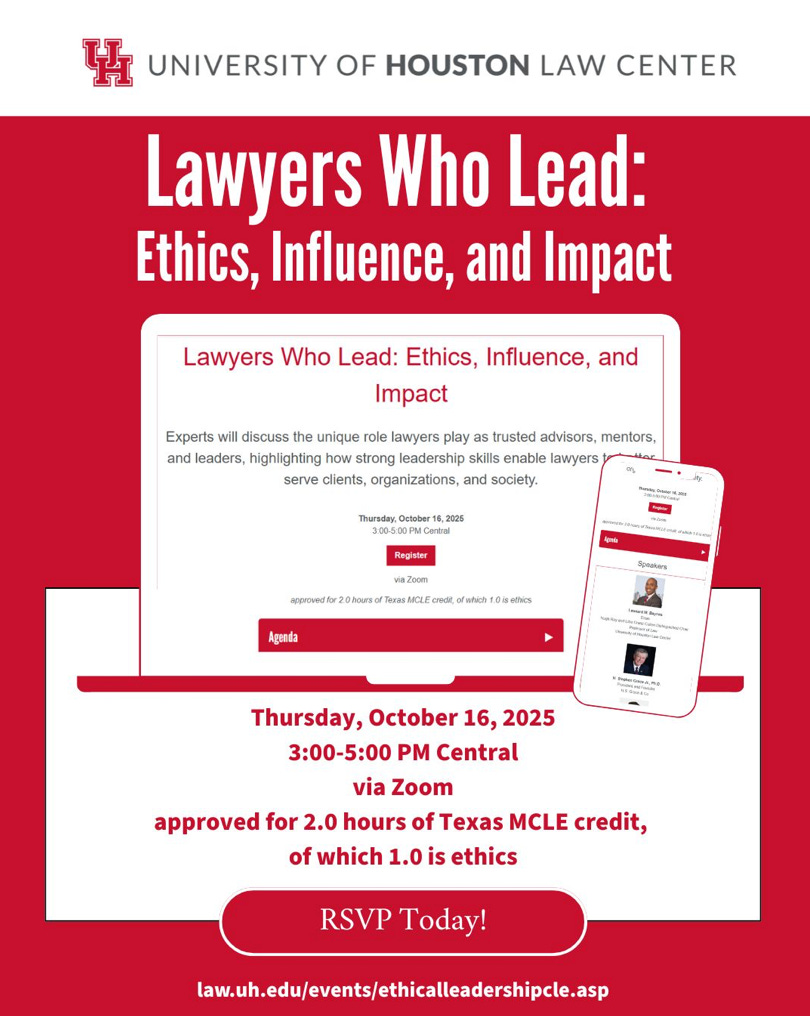October 14, 2025
Legal Ethics Under the Microscope: Key Developments and Controversies

Welcome to another intriguing week in the realm of legal ethics, filled with significant developments that continue to shape the legal landscape. Here’s a roundup of the most pressing legal ethics news from across the United States.
Supreme Court Considers Limits on Attorney-Client Conversations
In a pivotal move, the U.S. Supreme Court seems inclined to allow trial judges to restrict discussions between defense lawyers and their clients during overnight recesses. This development, highlighted in the case of Villarreal v. Texas, suggests a nuanced approach where direct talks about the client’s testimony might be limited, though broader strategy discussions could remain permissible. Legal scholars, including myself, have weighed in through an amicus brief, emphasizing the delicate balance of rights and courtroom integrity.
CIA Legal Leadership Takes an Unusual Turn
In a rather unconventional decision, CIA Deputy Director Michael Ellis has assumed the role of the agency’s top legal advisor, a move that has sparked concern and debate among intelligence and legal experts. The dual role could potentially lead to conflicts of interest, especially in legal decisions affecting Ellis’s own actions within the agency.
Trump-Related Law Firm Ethics Investigation Stalled
A New York Supreme Court committee has decided not to pursue an ethics investigation into several major law firms that agreed to provide free legal services to former President Donald Trump. These agreements, reportedly in exchange for ceasing administrative investigations, raised questions about potential ethical violations, but the committee deemed such business decisions outside its purview.
California Law Students Can Now Earn While They Learn
A legislative win for law students in California as Governor Gavin Newsom signs AB 1155 into law, allowing students to be paid for professional externships while also earning academic credit. This new law, originating from student initiatives, marks a significant step in enhancing practical legal education.
Retired Justice Kennedy Criticizes Coarsening Discourse
Retired Supreme Court Justice Anthony Kennedy expressed concern over the increasing partisanship and deteriorating political discourse in the United States, fearing its impact on the Supreme Court's integrity. His comments come as he prepares to release his memoir, reflecting on his time on the court and the evolving judicial landscape.
Attorney General Letitia James Continues Duties Amid Indictment
New York Attorney General Letitia James, recently indicted on charges of bank fraud and false statements, insists her legal responsibilities remain unaffected. Legal experts suggest that ethical guidelines do not necessarily compel her to step down, allowing her to continue her role unless proven otherwise.
Golden Gate University Aims to Reopen Law School with California Accreditation
San Francisco’s Golden Gate University seeks to reopen its previously closed law school with accreditation from the State Bar of California. This move would enable its graduates to sit for the California Bar exam, marking a significant revival effort by the institution.
Emerging Challenges in Lawyer AI Competence and Ethics
The legal profession faces ongoing challenges in adapting to artificial intelligence, with a growing emphasis on AI competence in legal education. Current practitioners are urged to update their understanding of AI to avoid ethical pitfalls and to maintain professional standards in this rapidly evolving field.
Each of these stories highlights the dynamic and often complex nature of legal ethics in today’s world. From courtroom protocols and educational reforms to high-profile legal roles under scrutiny, the legal community continues to navigate an ever-changing ethical landscape. Stay tuned for further developments and insights in the fascinating field of legal ethics.